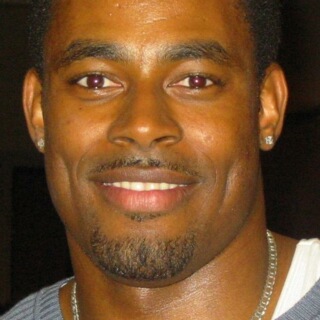A Quote by Patricia Churchland
Given how long philosophers have been at conceptual analysis (I mean the 20th century stuff), and how many have been doing it, what can we say are the two most important concept results of all that effort?
Related Quotes
To me, the puzzle of Ronald Reagan is how a comparatively ordinary man, someone with not extraordinary talent, accomplished such extraordinary results. At the age of 50, no one expected that this was going to be the guy who would become, at least in my interpretation, one of the two most important presidents of the 20th century.
Each quarter, Indian IT firms publish their results, and these are broadcast on CNBC. From the comfort of their boardrooms, executives say how many new employees have been added, how many more Fortune 500 companies have been signed up as clients, how many million-dollar companies were added, and so on.
I think that poets can say, "What we want is for everybody on earth to wake up free from fear and with access to medicine and clean water and education." But I don't think poets have any special insight on how to get there. And the 20th century is a pretty good record of that because so many of the great poets were Stalinists: Vallejo, Neruda, Eluard, Aragon, etc. They wrote their odes to Lenin and Stalin. They glorified some of the most violent and grotesque dictatorships of the 20th century. And a lot of the ones who were not Stalinists were fascists or fascist sympathizers.
There's this Indian fellow who worked out a cycle like the idea of stone-age, bronze-age, only he did it on an Indian one. The cycle goes from nothing until now and 20th century and then on and right around the cycle until the people are really grooving and then just sinks back into ignorance until it gets back into the beginning again. So the 20th century is a fraction of that cycle, and how many of those cycles has it done yet? It's done as many as you think and all these times it's been through exactly the same things, and it'll be this again.







































